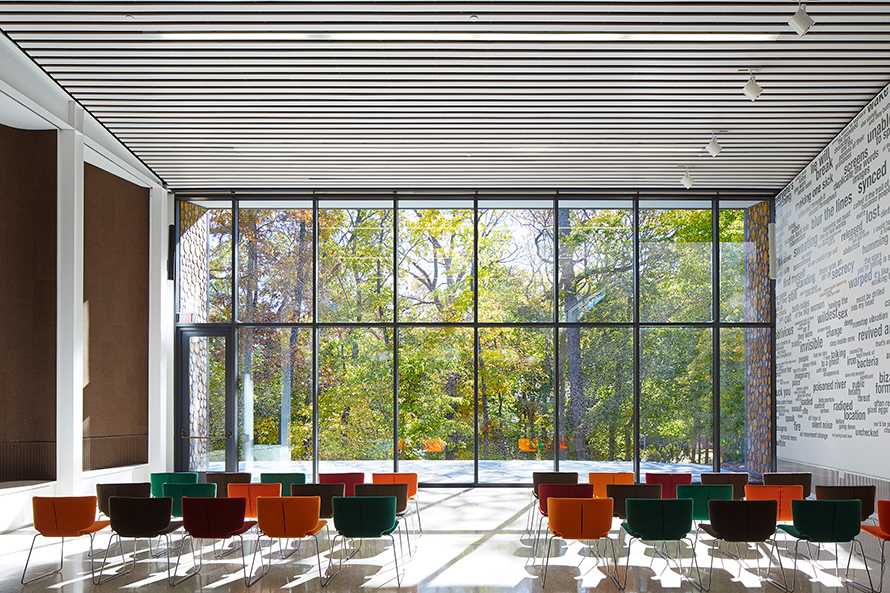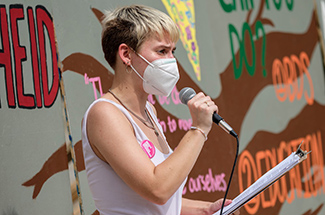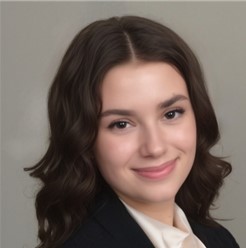
Why Study Critical Theory at K?
Let philosophy guide your activism and use your knowledge of structures, systems, and cultural norms to be an agent of societal change.
As a critical theory scholar, you will analyze the forces that shape contemporary society, identify their flaws, and learn how to improve them. You will study the human condition by exploring the relationship between society and humans; language and reality; and “truth” and power.
You will obtain this knowledge by asking the fundamental question, “what is wrong with our world, and how can we make it better?” You will address this question in a variety of contexts in interdisciplinary classes in philosophy, English, political science, art, anthropology, and sociology—such as Democracy and Democratic Theory; Ways of Seeing; and Philosophy of the Social Sciences.
The critical thinking, communication skills, and knowledge of oppressive systems you will gain throughout your concentration will prepare you for a lifetime of improving your communities at a local, national, and global level.
What can you do with a critical theory concentration?
Below are some of the careers and graduate schools of our critical theory alumni.
Careers
- Attorney
- Museum Teacher
- Campaign Manager
Graduate Schools
- Loyola University Chicago
- The Berlin School of Economics and Law
- California Institute of Arts
Meet the Current Departmental Student Advisor
What is the best thing about being part of this department?
Without a doubt, the professors.
What drew you to the department?
I came to Kalamazoo College as a transfer with an associate’s focused on political science, and I planned to major in and sociology with a minor in philosophy, all of which encompass the breadth of the critical theory concentration. Further, I took a class on Critical Theory and realized that I loved the interdisciplinary aspect of the field.
What is your favorite thing about K?
When it comes to K, it is undeniable the connections that I am able to make with not only the professors in my field but also the ability to reach out to alumni for support.
How have you taken advantage of the flexible curriculum or experienced breadth in your education?
Since I am a transfer, I have not been able to take advantage of the flexible curriculum because I lost credits transferring in. That being said, I love to learn and am extremely grateful for the opportunity to take classes in other fields. I often tell my friends that if I had the money, I would stay in school to learn as many subjects as I could.
What is your Senior Integrated Project (SIP)?
My Senior Integrated Project is a literary analysis of the societal and legal impacts of generative AI from a critical theory perspective.
What are your career aspirations/next steps after K?
After K, I plan to go on to law school where I hope to study copyright law, contract law, and corporate law.


